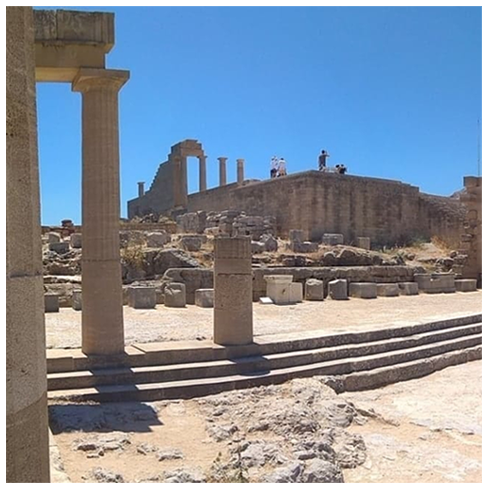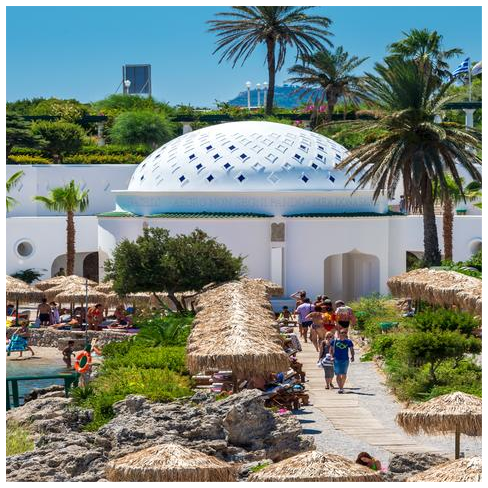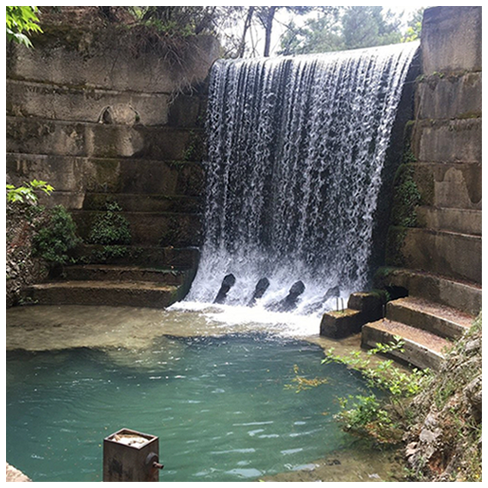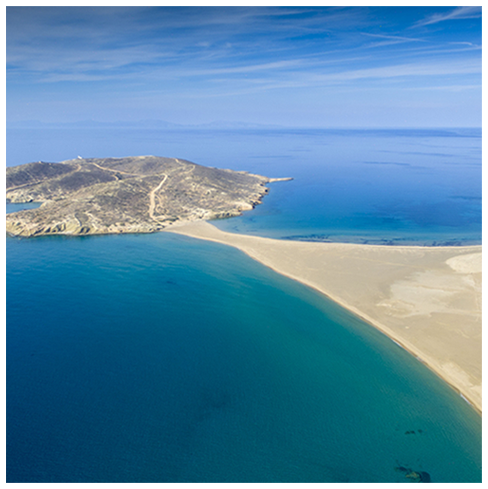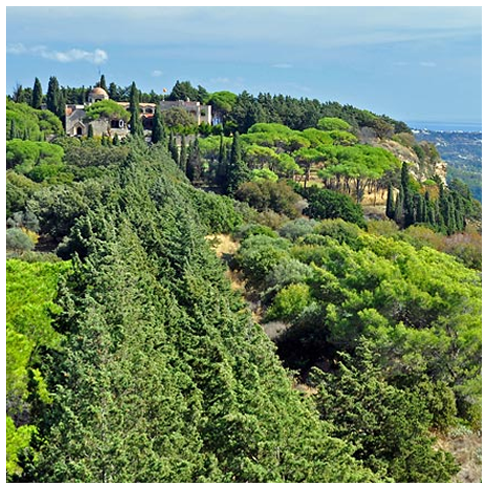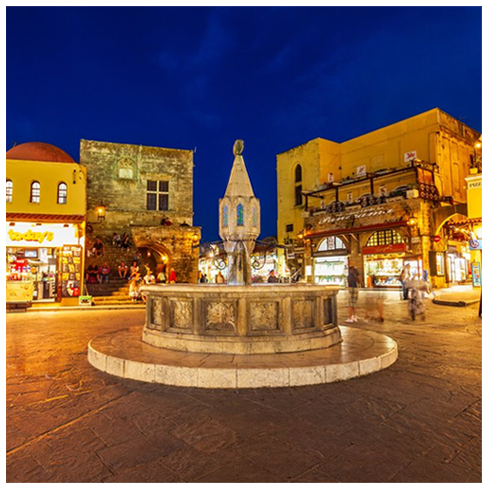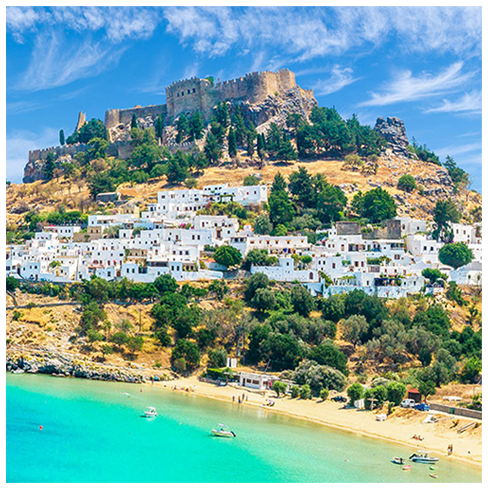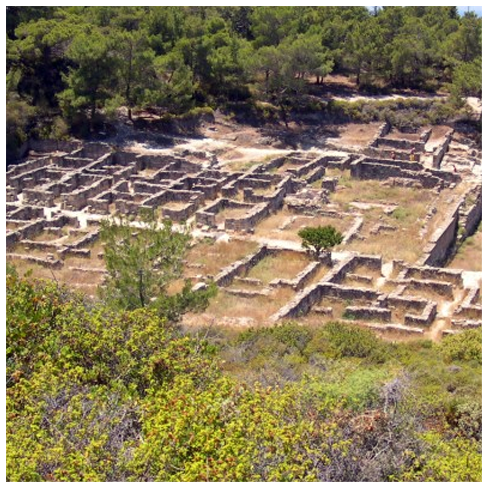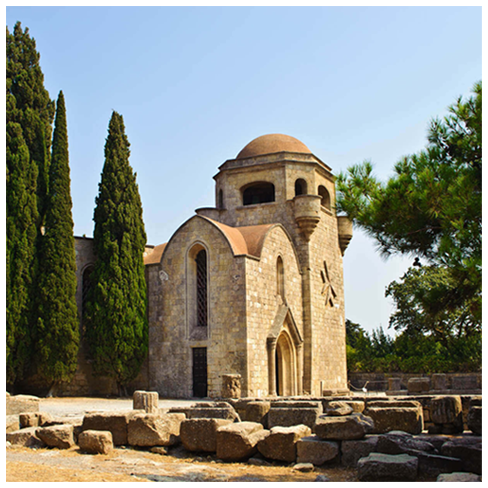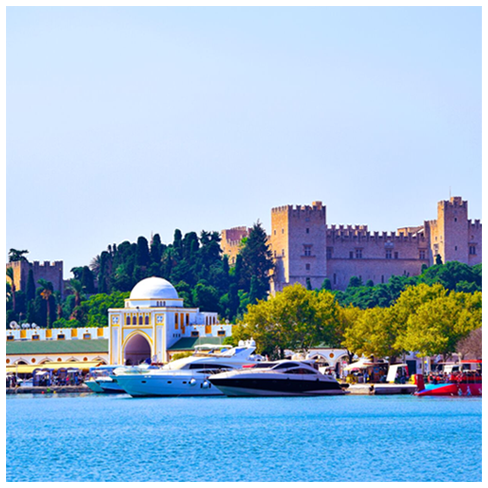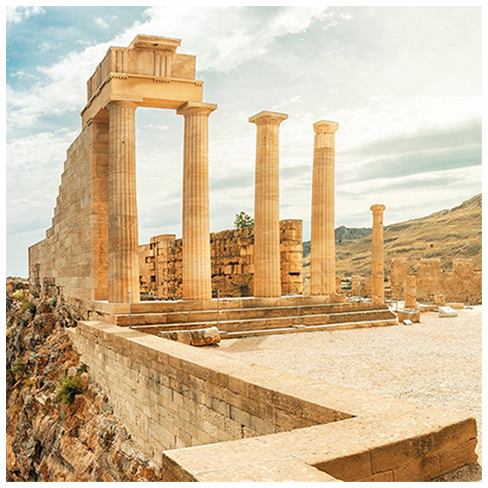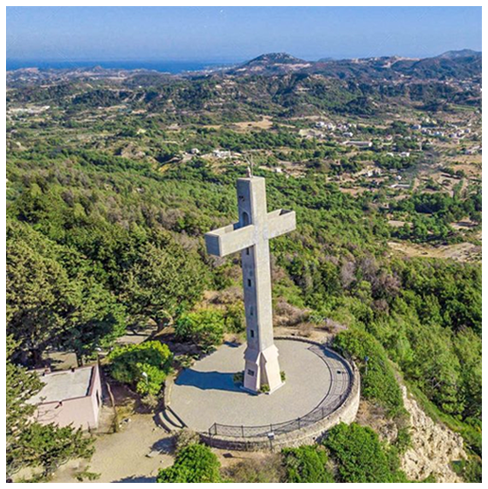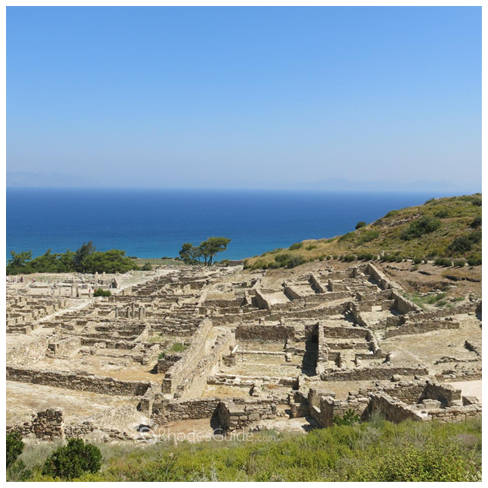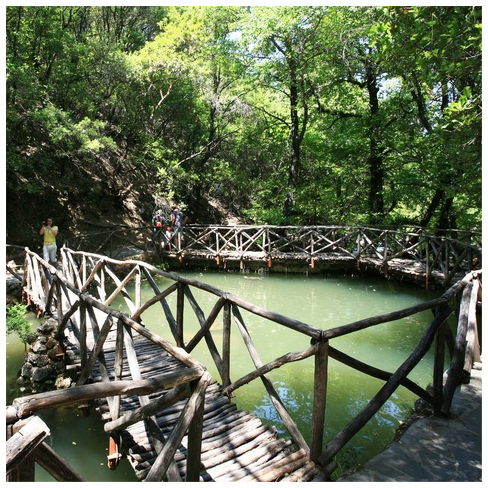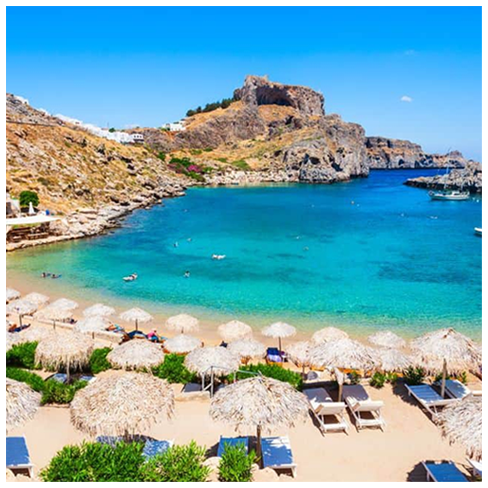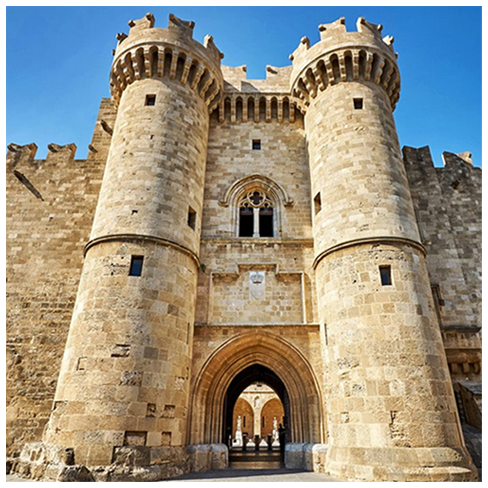In Greek mythology, when Zeus, the supreme god, triumphed over the Giants and ascended as the ruler of the Earth, he chose to apportion the land among the Olympian gods. However, this division took place under the cover of night, resulting in the absence of Helios, the Sun god. Regrettably, he was inadvertently excluded from the allocation.
Upon returning the next morning, Helios brought his grievance to Zeus, highlighting the apparent injustice. Due to Helios’ favored status, Zeus pledged to compensate him by granting “new land emerging from the sea.” As Helios spoke, a breathtaking island adorned with flowers emerged from the depths of the azure waters. Filled with elation, Helios enveloped the island in his radiant light, transforming it into one of the most enchanting isles in the Aegean Sea.


